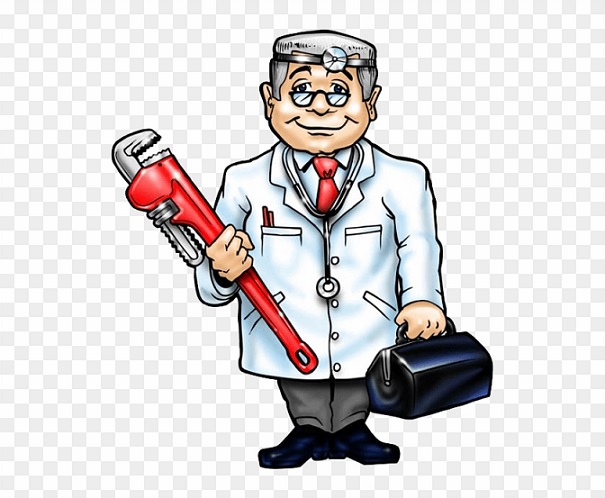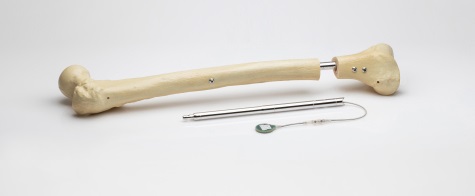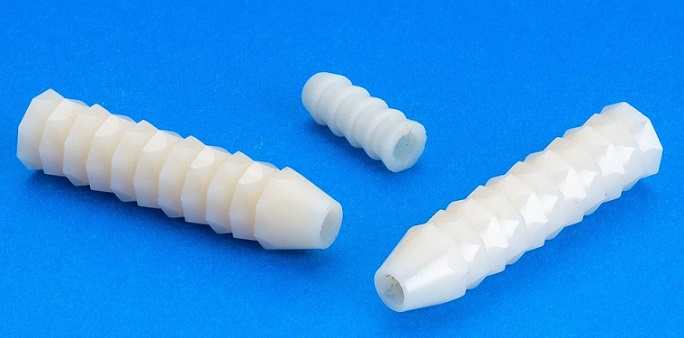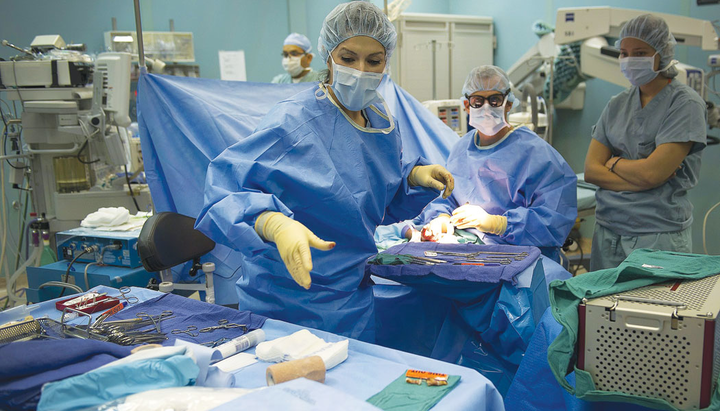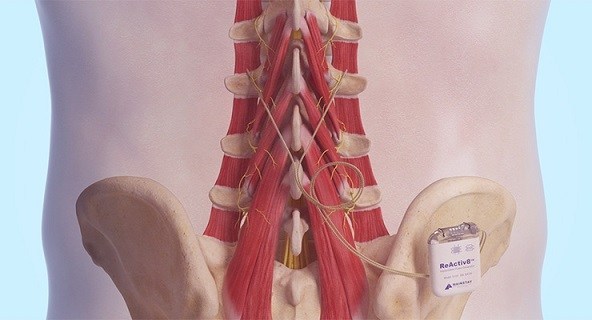Elizabeth Hofheinz, M.P.H., M.Ed.
You would think with all of the stress due to amped up regulations and complexity in the medical field, that those who work in it might be rewarded…or at least not penalized. That’s not the case in orthopedic trauma, say a group of researchers from the Mayo Clinic Alix School of Medicine in Scottsdale AZ; and the Department of Orthopedic Surgery at NYU Langone Health in Manhattan.
Their new study, “Declining Medicare Reimbursement in Orthopaedic Trauma Surgery: 2000–2020,” appears in the February 2021 edition of the Journal of Orthopaedic Trauma.
Speaking to OSN was Kenneth Egol, M.D., Chief of Orthopaedic Trauma at NYU Langone. He stated, “The government seeks to gain more control over our health care system. Patients are often under the misguided impression that physicians are a source of overspending in healthcare. Payors need to realize that there is: 1) A potential for patients to lose access to care as reimbursements continue to decline and 2) An inherent unfairness to the physician providing the care.”
And they found the proof.
The researchers assessed 20 years’ worth of Medicare reimbursement rates for 20 common orthopedic trauma surgical procedures. The resulting figures, adjusted for inflation using the Consumer Price Index (CPI), were stark.
From 2000-2020, foot and ankle procedures experienced the most substantial decline (42.6%), with hip fracture surgery declining 31.9%, lower extremity long bone procedures declining 30.9%, and shoulder and upper extremity procedures experiencing a decline of 23.7%. And the adjusted reimbursement rate for all 20 procedures studied decreased by an average of 1.5% annually.
“Doctors are being paid less every year for providing the same high level of extremely complex specialty care for societies most vulnerable,” said Dr. Egol.
“Compare to other professions. It would be interesting to know if plumbers and electricians get paid less each year for installing toilets and light. I would suspect not.”
According to one estimate, Dr. Egol is correct: plumber(s) in United States are likely to observe a salary increase of approximately 8% every 17 months.1
“Physicians and physician advocacy groups need to make sure they are fairly treated for the highly specialized work we do,” states Dr. Egol.

